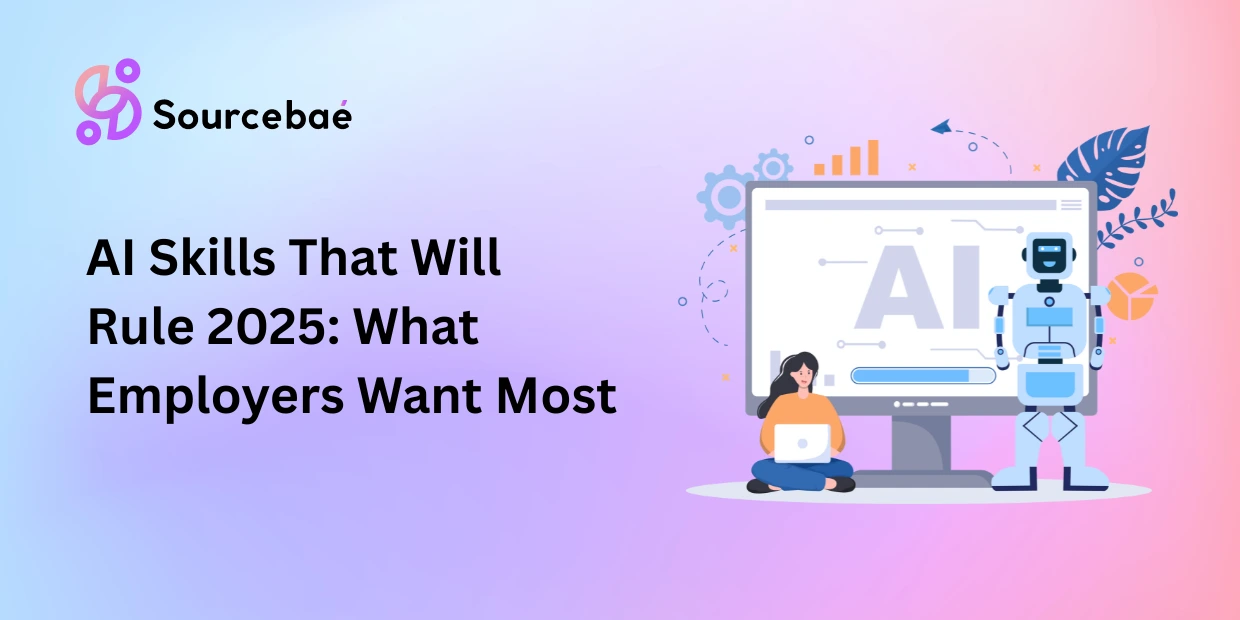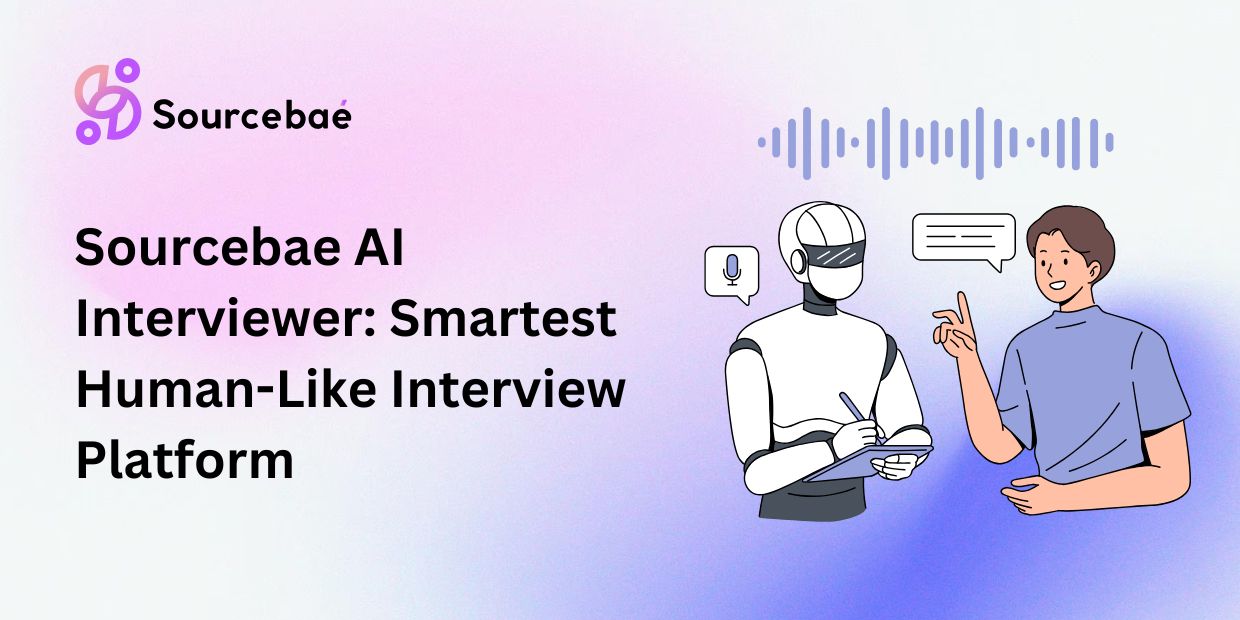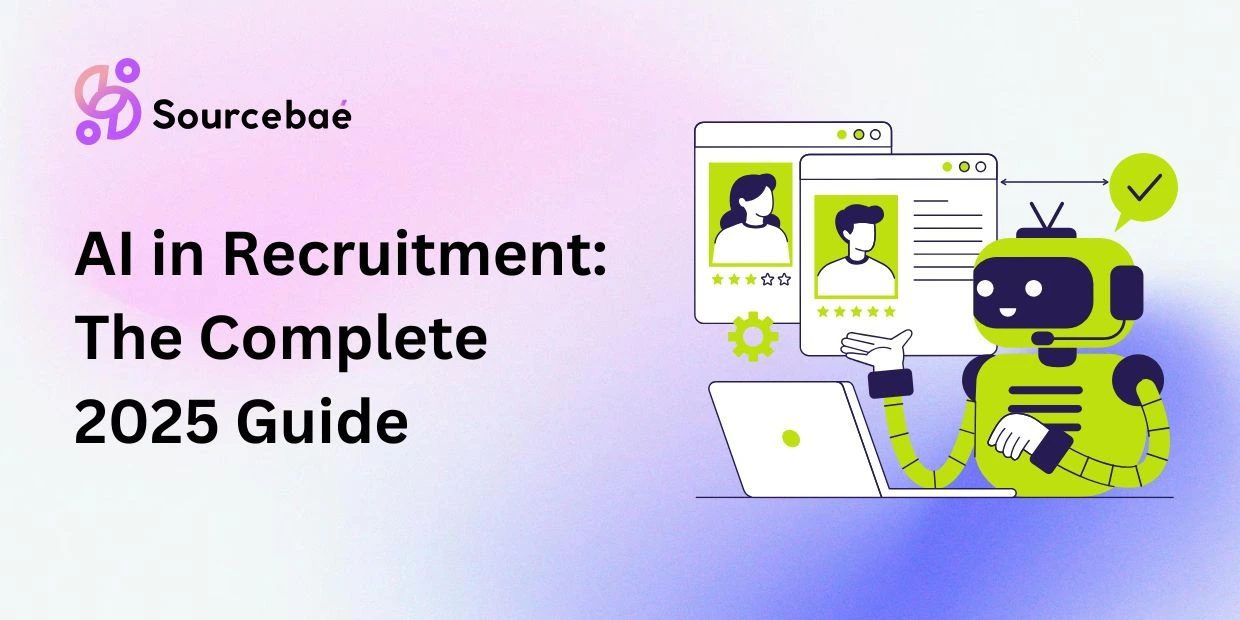In the fast-paced world of education, technological advancements have paved the way for revolutionary changes. Among these innovations, artificial intelligence (AI) has emerged as a driving force in reshaping how we learn and teach.
This article delves into the realm of artificial intelligence in learning, highlighting its applications, benefits, and potential challenges.
Artificial Intelligence in Learning: Unleashing the Future

Artificial intelligence in learning, often referred to as AIEd (Artificial Intelligence in Education), encompasses the integration of AI technologies into educational environments to enhance the learning experience. This paradigm shift has given rise to a multitude of possibilities, each contributing to a more personalized and effective learning journey.
Personalized Learning: Tailoring Education to Every Individual
AI’s ability to analyze vast amounts of data has made personalized learning a reality. With AI algorithms tracking individual progress, preferences, and learning styles, educational content can be customized to meet the unique needs of each student. This tailoring not only boosts engagement but also accelerates comprehension and retention.
Intelligent Tutoring Systems: Redefining One-on-One Guidance
Intelligent Tutoring Systems (ITS) powered by AI have redefined the concept of one-on-one guidance. These systems provide real-time feedback, assistance, and adaptive instruction to learners. By identifying areas of struggle and adapting teaching methods accordingly, AI tutors optimize the learning curve for students across various subjects.
NLP and Language Learning: Conversing with Fluency
Natural Language Processing (NLP), a subset of AI, has made language learning more interactive. Through chatbots and language analysis tools, students can engage in real-life conversations, receive instant feedback, and develop fluency at their own pace. This immersive approach bridges the gap between traditional language classes and real-world communication.
Gamification and Engagement: Learning through Play
Gamification, a technique integrating game elements into learning, has found a valuable ally in AI. By monitoring individual progress and adapting game mechanics accordingly, AI-driven educational games maintain the delicate balance between challenge and success, fostering a dynamic learning environment that keeps students motivated.
Automating Administrative Tasks: Empowering Educators
AI’s impact isn’t limited to students; educators also reap its benefits. Administrative tasks, such as grading assignments and generating reports, can be automated, allowing teachers to focus more on teaching and mentoring. This redistribution of efforts results in a more efficient educational ecosystem.
Data-Driven Insights: Enhancing Educational Strategies
The accumulation of data through AI tools provides educators and institutions with actionable insights. Analyzing learning patterns, identifying trends, and predicting potential roadblocks enables the fine-tuning of educational strategies. This data-driven approach fosters continuous improvement in curriculum design and teaching methodologies.
Overcoming Challenges: The Human-AI Collaboration
While the potential of AI in learning is immense, it’s not without challenges. Striking the right balance between human interaction and AI intervention is crucial. The fear of depersonalizing education or over-reliance on technology necessitates a thoughtful approach to implementation.
Addressing Ethical Concerns: Data Privacy and Bias
As AI collects and analyzes personal data, concerns about data privacy and bias arise. Safeguarding sensitive information and ensuring algorithms remain unbiased are paramount. Stricter regulations and transparency in AI systems’ decision-making processes are essential to build trust within the education community.
Bridging the Digital Divide: Inclusivity Matters
Embracing AI in education raises concerns about accessibility for all. Bridging the digital divide ensures that AI-enhanced learning remains inclusive. Initiatives to provide equal access to technology and training are vital to prevent educational inequalities from deepening.
LSI Keyword: Adaptive Learning Platforms
Adaptive learning platforms, powered by AI, have transformed the traditional classroom experience. These platforms use AI algorithms to analyze student performance and tailor content delivery accordingly. By adapting to individual strengths and weaknesses, adaptive learning platforms optimize the learning process.
The Future of AI in Learning: Expanding Horizons
The journey of AI in learning has only just begun. As technology advances, we can expect even more sophisticated applications. From virtual reality-based immersive learning experiences to predictive analytics that foresee student struggles, AI’s role will continue to evolve, enriching education on a global scale.
FAQs
Q: How does AI personalize learning experiences?
A: AI analyzes student data, including learning styles and preferences, to deliver tailored educational content, enhancing engagement and comprehension.
Q: Can AI replace human educators?
A: No, AI complements educators by automating administrative tasks and providing insights. Human interaction remains vital for holistic education.
Q: What ethical concerns surround AI in education?
A: Data privacy and bias are key concerns. Stricter regulations and transparent AI decision-making processes are essential to address these issues.
Q: How does AI bridge the digital divide?
A: Initiatives to provide equal access to technology and training ensure AI-enhanced learning remains inclusive and doesn’t deepen educational inequalities.
Q: What’s the future of AI in learning?
A: The future holds more sophisticated applications, from immersive virtual reality learning to predictive analytics that anticipate student challenges.
Q: Can AI-powered platforms adapt to individual learning needs?
A: Yes, adaptive learning platforms analyze student performance and adjust content delivery based on individual strengths and weaknesses.
Conclusion:
Artificial intelligence in learning is not just a technological leap, but a paradigm shift that’s transforming the way we acquire knowledge.
Through personalized learning, intelligent tutoring systems, and data-driven insights, AI is empowering both students and educators to reach new heights.
While challenges and ethical concerns persist, the promise of a more inclusive, dynamic, and effective education system guided by AI remains bright.






